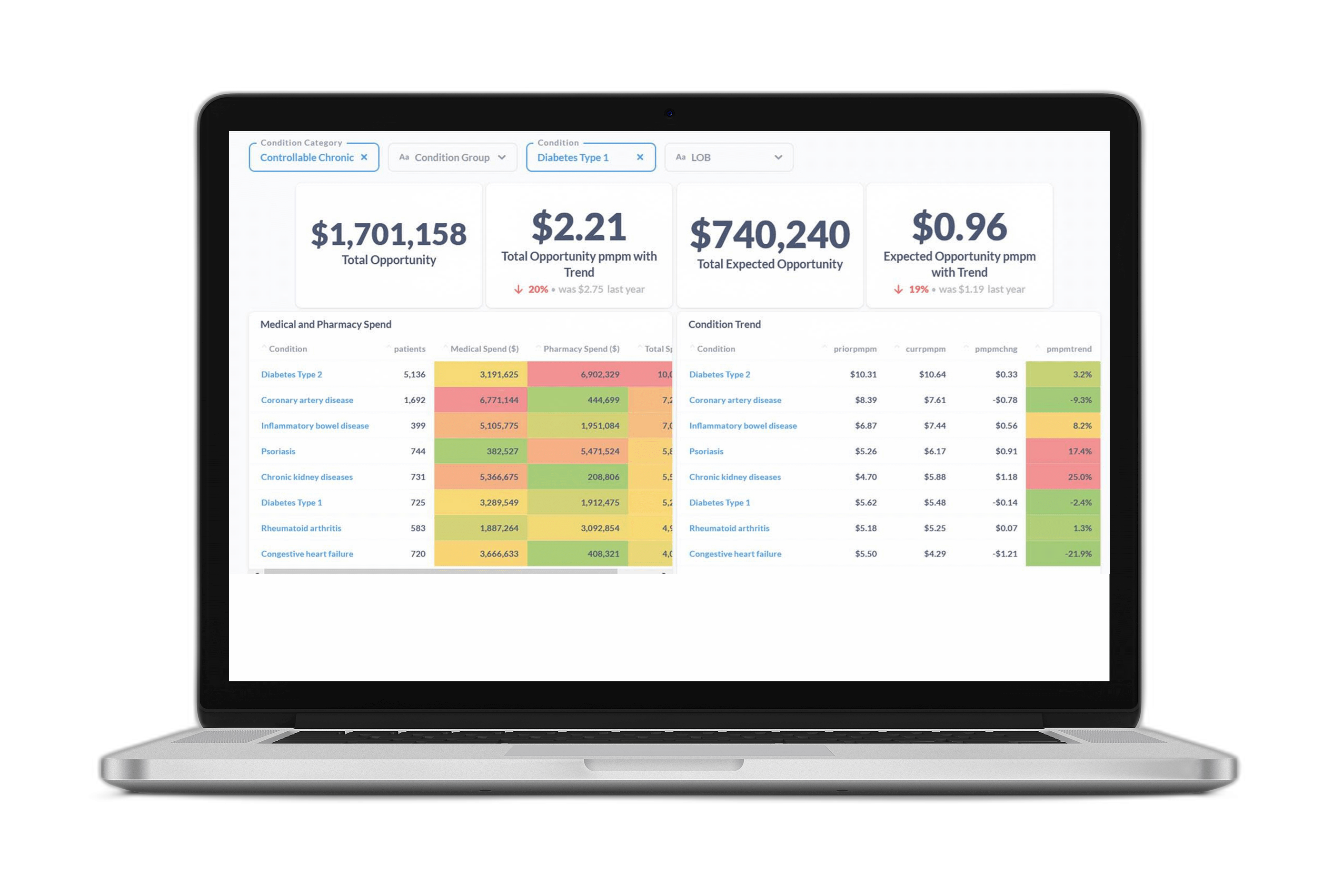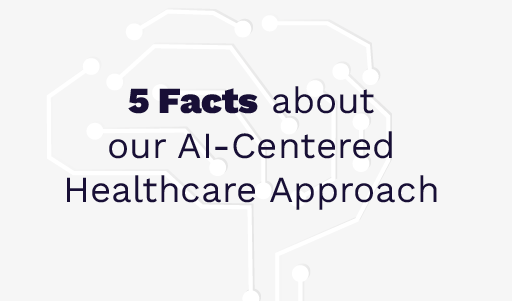Thank you to everyone who connected with us at the 2022 Kentuckiana Health Collaborative Annual Conference in Louisville, where the focus this year was value and equity.
The conference featured a presentation called “Including Equity in Healthcare Data,” which included two of our Certilytics experts: Wes Smith, chief client advisory officer, and Kevin Prybol, senior vice president for data science.
Here are three takeaways from the presentation and discussions we had with attendees:
1. Cost can’t be the only measure of health
Healthcare organizations often use projected cost as a proxy for health when selecting patients for clinical outreach and care management programs, the assumption being that a patient with higher costs is likely sicker than someone with lower costs.
But this assumption can lead to racially biased predictions and clinical programs.
Due to unequal access to care, less money is spent caring for Black patients than White patients. A 2019 study found that Black patients were considerably sicker than White patients for a given risk score.
Healthcare organizations must be aware of this issue and develop additional ways to measure health that more equitably and accurately account for underlying illness burden when using such algorithms to deploy clinical resources.
2. Non-traditional data sources greatly improve model accuracy
Predictive algorithms often rely on the medical and administrative data generated whenever a patient seeks care in a clinical setting.
But 80% of health outcomes are driven by factors that occur outside a clinician’s office—the social Determinants of Health (SDoH).
To more accurately measure and predict patient health, healthcare organizations need to incorporate these factors into their models.
3. There’s a strong business case for addressing health equity
The case for addressing health equity isn’t just moral—there’s also a strong business case for reducing social barriers to care.
Social barriers cause patients to miss out on preventive care, leading to high cost events that could have been avoided.
SDoH factors can also increase absenteeism, lead to more emergency department visits, and can cause lower productivity—an enormous cost for Plan Sponsors that could be mitigated through proactive outreach.
Learn more about how Certilytics predicts SDoH risk, and contact us to discuss how we can help you address health equity challenges in your population.









